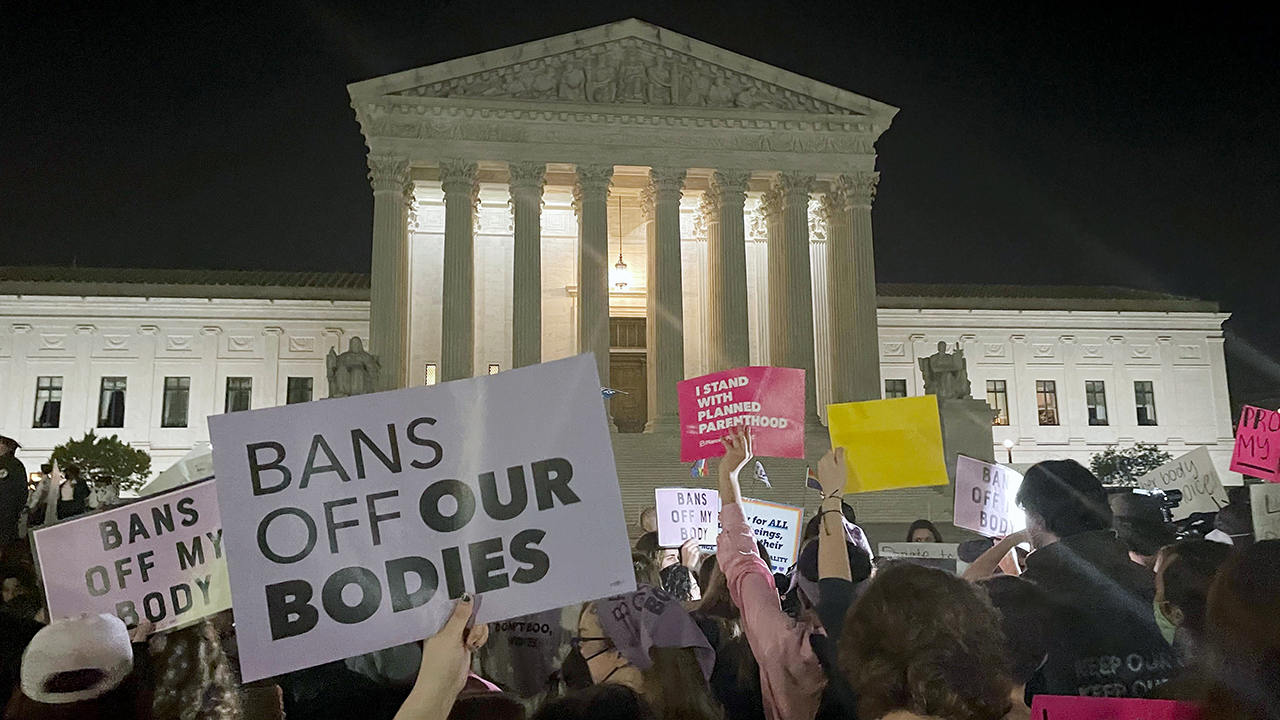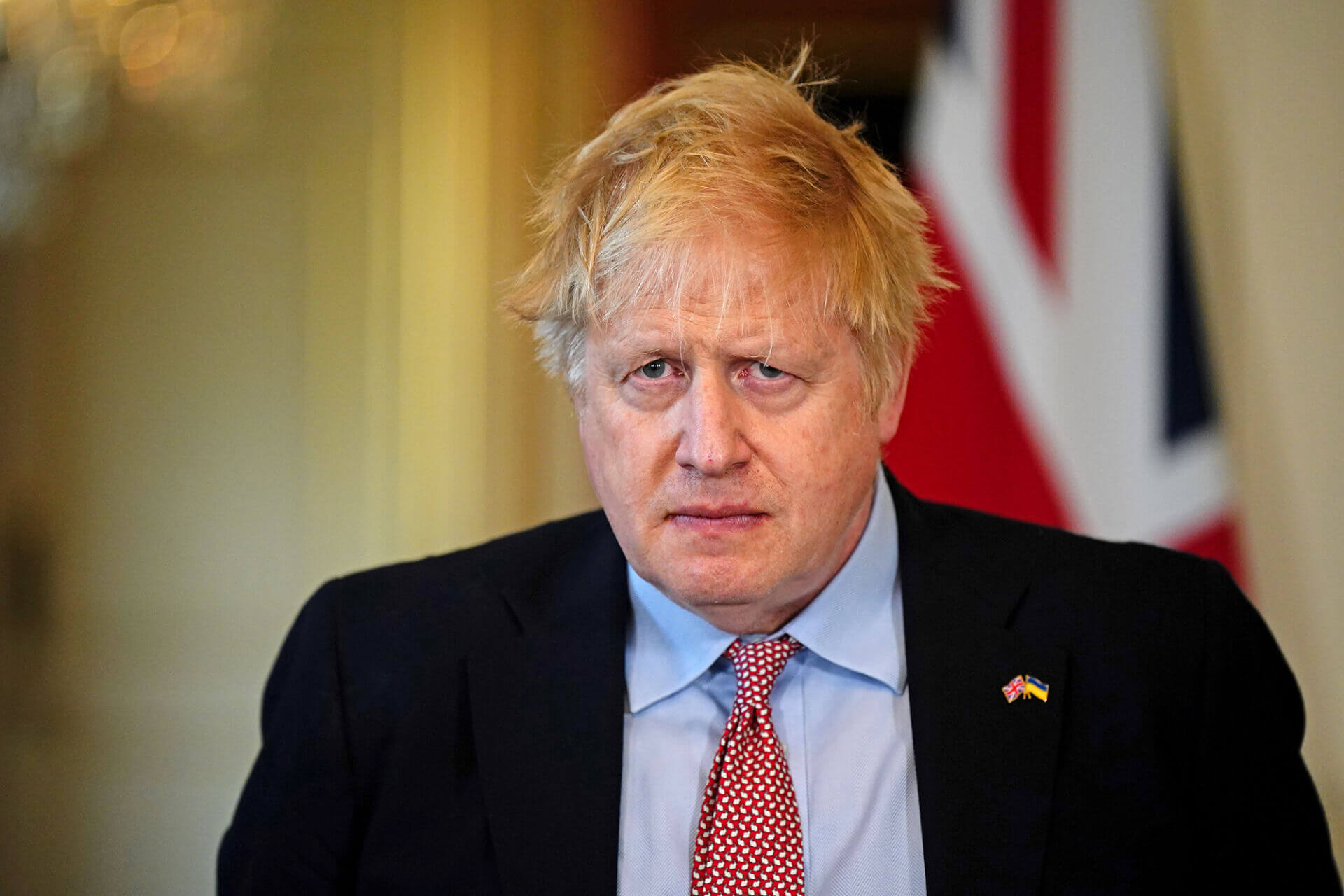South Asia
The Pakistan Federal Union of Journalists wrote a letter to Prime Minister Shehbaz Sharif highlighting a report by the International Federation of Journalists which concluded that Pakistan is the fifth most dangerous place for journalists. The letter urged the government to protect journalists from human rights violations. [Hindustan Times]
Curfews were imposed in several regions in Jodhpur after communal clashes between the Hindu and Muslim community resulted in heightened tensions in the city. Local police have already arrested 97 people. [Indian Express]
Central Asia and the Caucasus
On Tuesday, Kazakh President Kassym-Jomart Tokayev signed into law a controversial bill that allows authorities to shut down social media sites to protect users from cyberbullying. Activists say the new law could be used to quash dissent by silencing critics and could give authorities tighter control over social media. [RFE/RL]
The special representatives for the normalisation process between Armenia and Turkey—Ruben Rubinyan and Serdar Kilic—held their third meeting in Vienna on Tuesday. They agreed to continue talks without pre-conditions and reaffirmed the goal of achieving full normalisation. Turkey and Armenia have recently expressed a willingness to normalise ties, which broke down in 1991 after Turkey backed Armenia’s arch-enemy Azerbaijan over the Nagorno-Karabakh dispute. [Public Radio of Armenia]
East and Southeast Asia
Japanese Minister for Foreign Affairs Yoshimasa Hayashi will undertake a three-day visit to Fiji and Palau between May 6 and 8, following in the footsteps of Australia and New Zealand, which have sought to secure ties with the smaller Pacific islands after the Solomon Islands recently signed a wide-ranging security pact with China. [Ministry of Foreign Affairs of Japan]
Shanghai has deployed 160,000 personnel to conduct citywide cleaning and disinfecting operations across 13,000 residential compounds. This is in addition to the 38,000 medical personnel that are already in the city carrying out mass testing for COVID-19. On Sunday alone, the Chinese megacity recorded 7,333 locally transmitted cases of the virus. [Global Times]
Europe
Donetsk regional governor Pavlo Kyrylenko has claimed that Russian attacks in the breakaway region killed 21 civilians and injured 27 on Tuesday. Kylylenko said the attack was the most devastating one since an assault in Kramatorsk last month killed over 50 people. [Reuters]
According to British Prime Minister Boris Johnson’s office, the plan to disincentivise illegal Channel crossings by threatening to deport migrants to Rwanda has not been implemented due to the legal challenges posed by several rights groups. For instance, charity organisation Freedom From Torture has sent a letter to the Home Office referencing its concerns about the legality of the policy that is likely to result in a judicial review. [The Guardian]
On Tuesday, French President Emmanuel Macron spoke with his Russian counterpart Vladimir Putin. Macron expressed concern over the situation in Mariupol and Donbas, and called on Putin to allow the evacuation of civilians from the Azovstal steel plant. Furthermore, Macron urged Putin to fulfil his responsibility as one of the five permanent United States Security Council members by ending the devastating war. His conversation with the Russian leader follows his conversation with Ukrainian President Volodymyr Zelensky on Saturday. [Elysée Palace]
Latin America and the Caribbean
Brazilian President Jair Bolsonaro ordered the country’s Supreme Electoral Court to rescind its invitation to the European Union to send observers for the Brazilian presidential election in October. Bolsonaro has previously warned that he could refuse to step down if he loses, alleging that the country’s electronic voting system is susceptible to fraud. As things said, his main opponent, former President Luiz Inácio Lula da Silva is leading opinion polls. [Reuters]
Following the recent high-level bilateral migration talks, the United States embassy in Cuba issued visas for the first time in over four years. The embassy shut down its consular services in Havana after staff complained of suffering from what has come to be known as “Havana Syndrome,” wherein diplomatic personnel have been targetted with sonic attacks. 79,800 Cubans have been stopped from entering the US via the southern border with Mexico over the last six months alone, five times more than in all of 2020. Sea crossings have also increased this year, with the US Coast Guard having intercepted 1,257 Cubans compared to 838 the previous year. [Al Jazeera]

Middle East and North Africa (MENA)
Iraqi Shiite cleric and leader of the National Wisdom Movement party Ammar al-Hakim on Tuesday condemned Turkey’s military operation in the Kurdistan region in northern Iraq. He said that the operation—dubbed Claw Lock—undermines Iraq’s sovereignty and dignity and could be interpreted as an act of provocation. [Rudaw]
Ethiopian security officials arrested 76 people on Tuesday after violence during Eid al-Fitr prayers in Addis Ababa the previous day. The unrest followed days of communal violence between Christians and Muslims over the past week that has resulted in several deaths and the destruction of property. [Associated Press]
North America
Tesla CEO Elon Musk hinted on Tuesday that Twitter may begin charging commercial and government users following his recent acquisition of the social media company. He said the platform would remain free for 'casual users.’ [Global News]
United States (US) Supreme Court’s Chief Justice John Roberts has confirmed that a leaked document indicating that millions of US women could lose the legal right to abortion, is genuine. Responding to the news, President Joe Biden said: “It concerns me a great deal that we’re going to, after 50 years, decide a woman does not have a right to choose. But even more, equally profound is the rationale used. It would mean that every other decision relating to the notion of privacy is thrown into question.” [BBC News]
Oceania
A spokesperson for the Australian Department of Foreign Affairs and Trade said the country has no imminent plans to reopen its embassy in Kyiv, saying, “The location of staff from the Australian Embassy is subject to operational, safety and security considerations. It is being regularly reviewed.” Following the Russian invasion of Ukraine, embassy staff were shifted to Poland and continued to work out of Warsaw. [9 News]
Australian Minister for Foreign Affairs Marise Payne announced 100 sanctions against members of the Russian parliament, Russia-backed Ukrainian separatists, and members of the state Duma. Payne said, “These individuals have violated the sovereignty and territorial integrity of Ukraine through their assertion of governmental authority over areas of Ukraine without the Ukrainian government’s authorisation.” [Brisbane Times]
Sub-Saharan Africa
Reuters reported yesterday that Nigeria was forced to purchase emergency supplies of Canadian potash last month, as Western sanctions on Russia have left it unable to procure resources from its major supplier. Prices for deliveries to West Africa are 250% higher than at the same time last year. Nigeria’s inflation rate hit 15.92% last month due to high food, diesel, and fertiliser prices. [Reuters]
Tanzanian President Samia Suluhu Hassan has ordered a probe into the country’s media laws in order to “come up with better and friendly laws and regulations that would protect journalists and open more space for the freedom of expression and the media.” Journalists were frequently silenced or attacked during the reign of her predecessor John Magufuli, whose death last year led to then-Vice President Samia taking up the highest post. [The East African]

